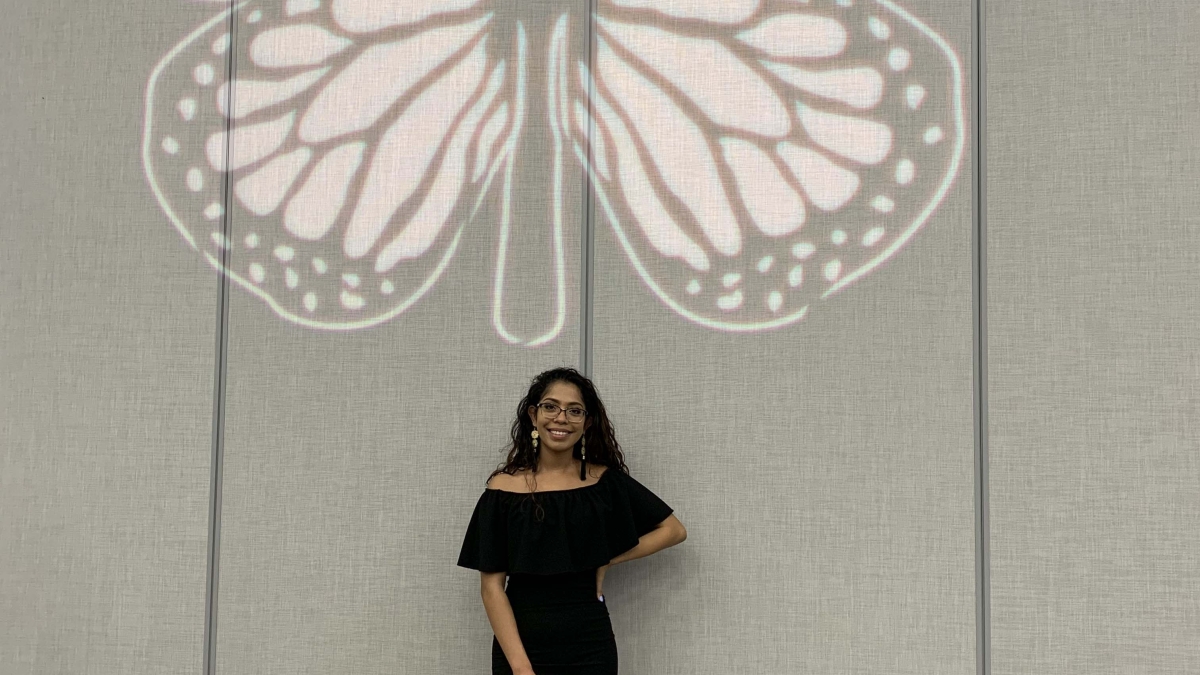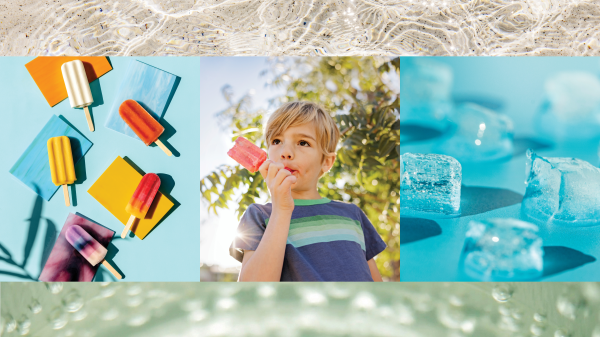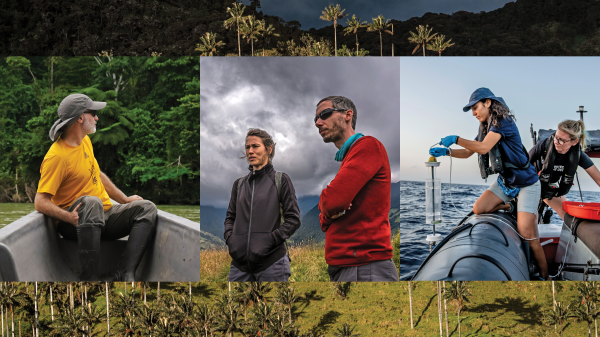Sustainability grad found community through resources for undocumented students

Karina Dominguez at a USEE fundraiser dinner.
Editor's note: This story is part of a series of profiles of notable spring 2020 graduates.
A student’s discovery of a major that suits all of their interests is rare.
Karina Dominguez, 21, was able to find all her passions in the sustainability major and urban planning minor of the School of Sustainability.
Even so, the Michoacan, Mexico, native found it difficult at first to find people who understood her struggle. Dominguez, a transfer student from Glendale Community College, had to “navigate the education system as an undocumented student.”
Fortunately, DREAMzone and Undocumented Students for Educational Equity at ASU helped her access the resources she needed to succeed and immersed her in a community that welcomed her.
“USEE and DREAMzone gave me the community I needed to keep on fighting and to ensure that I was able to graduate,” Dominguez said.
Dominguez was a part of USEE at GCC, but when she transferred to ASU in 2018, she became the communications director. The student organization is run by undocumented students and advocates for equitable access to education. DREAMzone is a program at ASU that provides resources for Deferred Action for Childhood Arrivals students, undocumented students and families with mixed immigration status through support circles, peer-to-peer support and more.
As she prepared to graduate, Dominguez reflected on her time at ASU and what she plans for the future.
Question: What was your “aha” moment, when you realized you wanted to study the field you majored in?
Answer: I realized I wanted to study sustainability when I couldn’t find any other major that included all of my interests. I was interested in politics, the environment, social justice, among other things. Sustainability includes all of these topics and even more, which allow me to not be stuck doing one thing forever. I have the ability to explore and see what I enjoy doing best within the career.
Q: Why did you choose ASU?
A: I chose ASU because of their sustainability program, and it was the most affordable in-state university.
Q: What’s the best piece of advice you’d give to those still in school?
A: Find a community of individuals who have the same interests, struggles or goals.
When things get hard in school or in your personal life, it is much easier to get through it when you have people by your side who are feeling the same way and are supporting one another. It is good to also have those people to just have fun with and take a break from stress. Those people will become the best college memories.
Q: What was your favorite spot on campus, whether for studying, meeting friends or just thinking about life?
A: My favorite spot on campus to meet with friends was the MECHA room because it was a safe space for us where we could be ourselves. My favorite spot to study was the new Hayden Library. It was very peaceful, and there were amazing views.
Q: What are your plans after graduation?
A: My plans after graduation are to stay involved with issues concerning environmental justice and immigrant rights. I want to continue to fight with my community for a better present and future.
Q: If someone gave you $40 million to solve one problem on our planet, what would you tackle?
A: I believe it would be extremely difficult to solve one problem on the planet with $40 million, but what I would like to do is give out that money to communities who lack certain resources or have been negatively affected by environmental justice issues. By providing them with this money, hopefully they are able to receive opportunities that will improve their quality of life.
For example, the money could be used to create community gardens where community members can constantly interact with one another and build trust. The money could be used for whatever the community decides is their greatest need.
Written by Carmen De Alba Cardenas, Sun Devil Storyteller
More Environment and sustainability

A water fix that takes on the yuck factor
Written by Christy Spackman, an ASU assistant professor and senior global futures scientist. This essay is adapted with…

At home in the wild
By Kristin ToussaintEditor's note: This story is featured in the winter 2025 issue of ASU Thrive.Way up in the Andes mountains in…

Switching to 'green' plastic alone won’t solve the plastic problem, study shows
Plastic is everywhere. Today alone, you have probably already touched a whole lot of it, whether it’s your phone case, sunglasses…